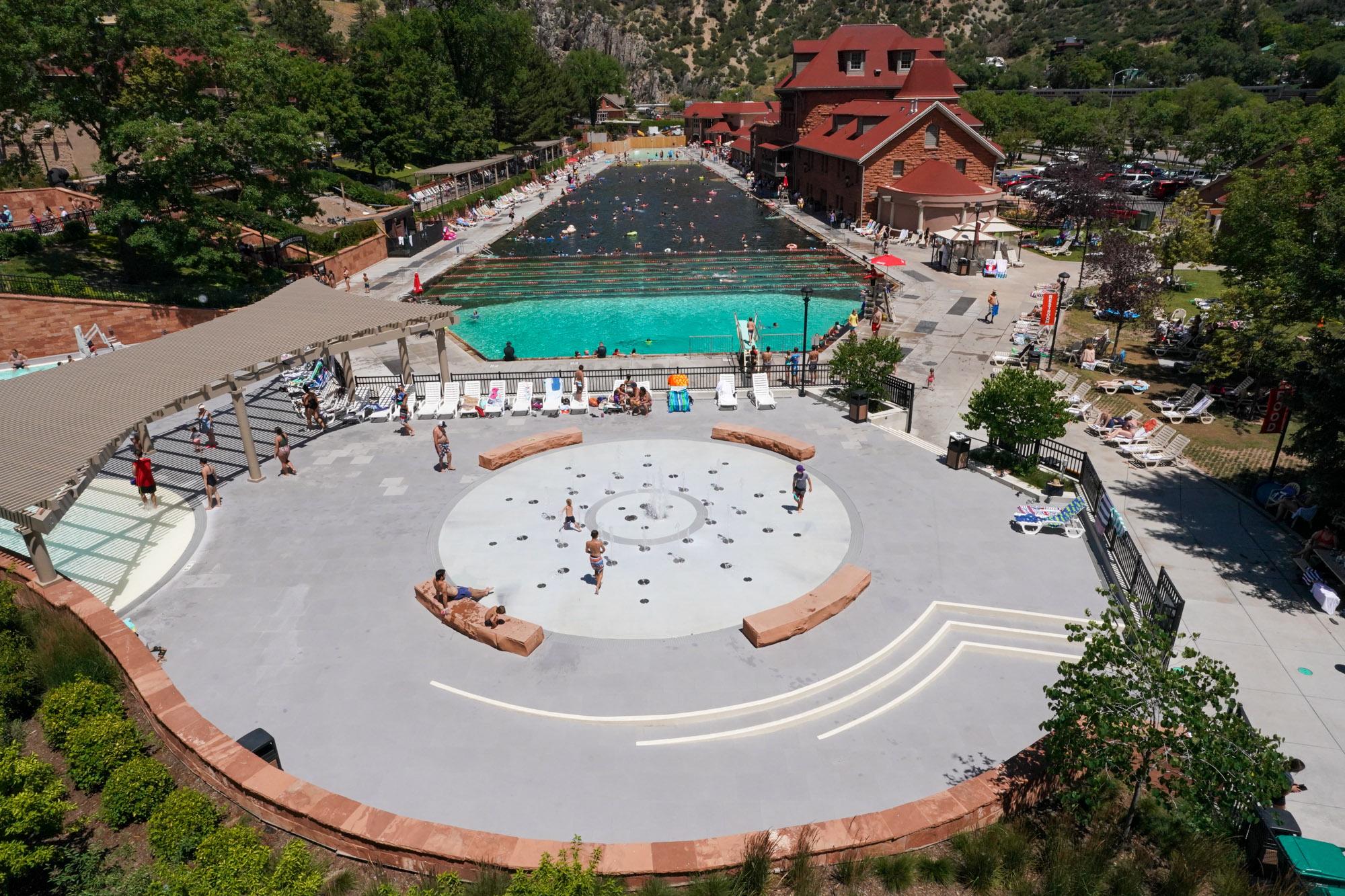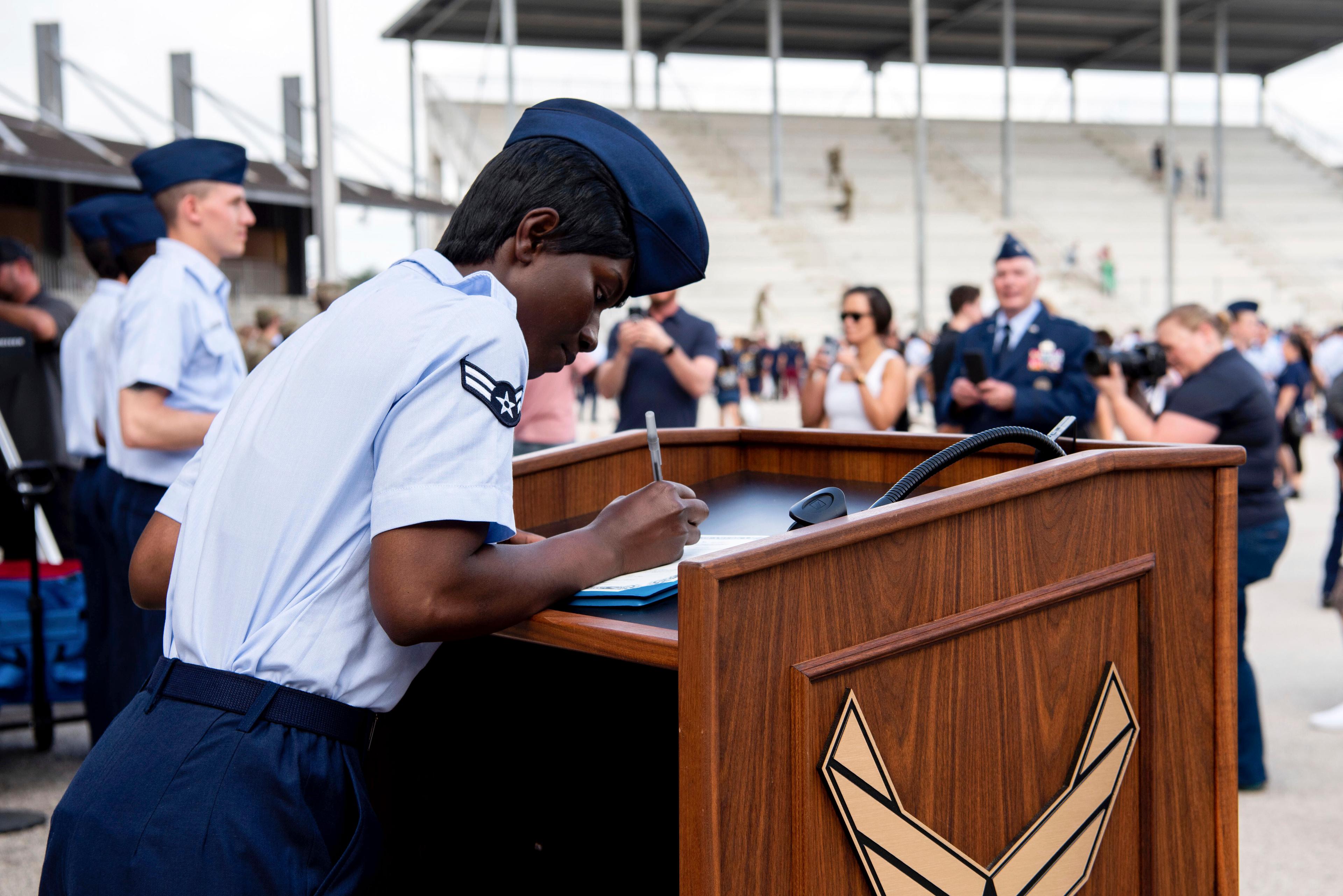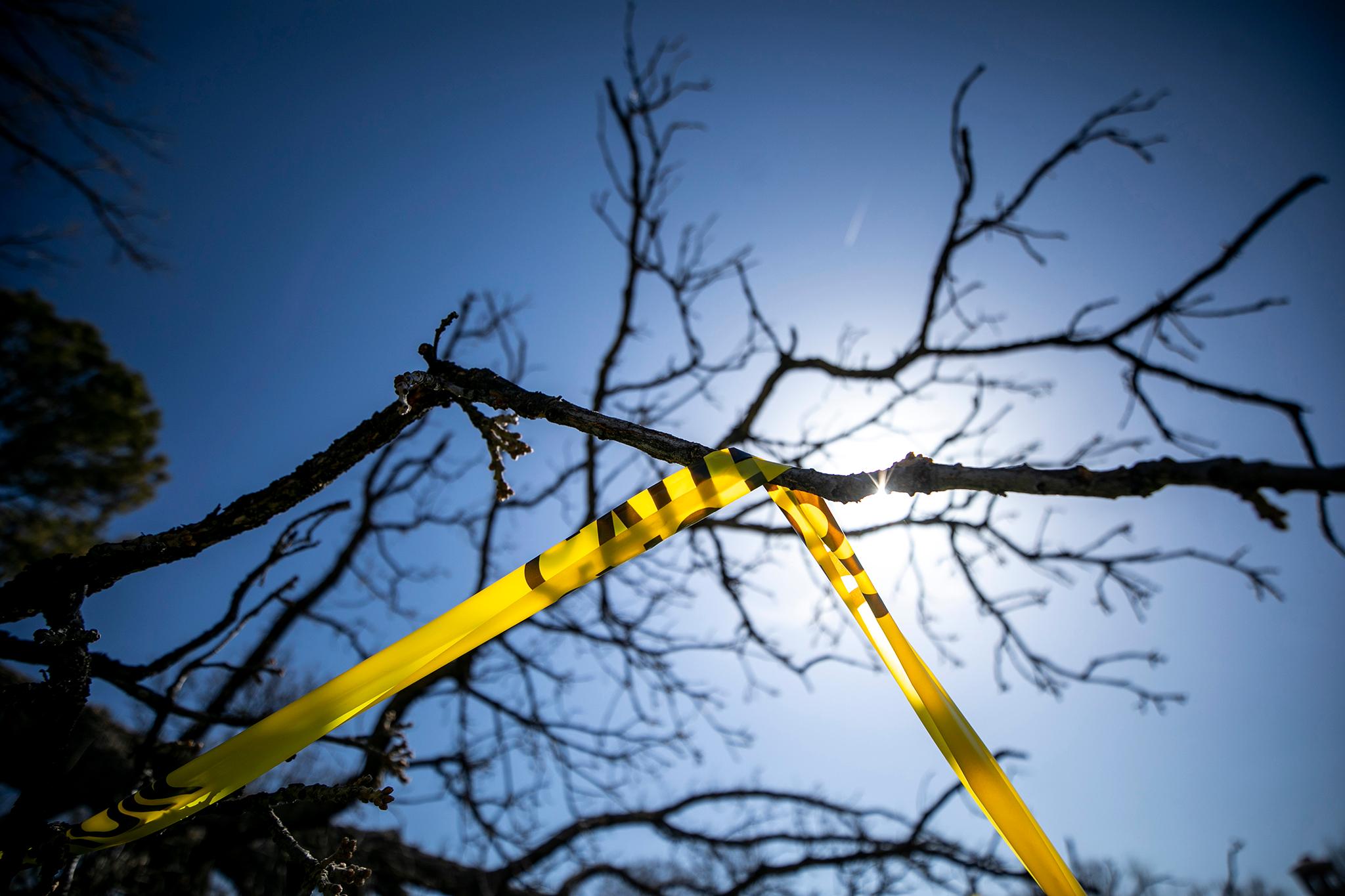
Recent violence in Aleppo, Syria, kept Obeid Kaifo awake for several nights in a row. Kaifo's family owns the Shish Kabob Grill in Denver, near the state Capitol. His parents grew up in Syria, while Kaifo was born in Los Angeles. He says the family has lost four relatives to the civil war -- two of Kaifo's uncles, his grandfather, and his father's cousin.
For five years, the government of Bashar Al-Assad has fought with rebels who want to overthrow his government. Aleppo was a stronghold for the rebels, but in the past month, government forces moved in to try to take back the city. Civilians were caught in the middle, and some were reportedly shot as they tried to flee.

In recent years Kaifo has begun speaking publicly about Syria, asking politicians in Colorado to try to do more to end the fighting and get rid of Assad. He has also tried to educate lawmakers about the refugee process, since Kaifo says he was "personally offended" when some politicians -- including some who are customers at the Grill -- called on Gov. John Hickenlooper to prevent Syrian refugees from settling in the state.

Kaifo spoke with Colorado Matters host Ryan Warner at the Shish Kabob Grill last week. The venue was CPR News' choice; Kaifo wanted to separate his activism from his family's business, but agreed to meet at the Grill because of its significance to the story.
Conversation Highlights With Obeid Kaifo
On the challenges of keeping in touch with family in Syria, and those who have fled:
"I haven't been able to communicate with my family, not because I can't necessarily reach them, because technically I may find a way. But I really don't have the face anymore to call them and say, 'How are you?' I mean, at some point, it becomes rude to say 'How are you?' because you know how they are... You know their circumstance. It's not like it's changed. They're still in another country; Syria's still up in flames. And so it's not like they're living appropriately in Lebanon."
On how images online now compare with what he saw in Aleppo when he visited in 2008:
"Aleppo has a deep, deep, deep history -- preserved history. It is mesmerizing. But now it's like a war zone. I can't imagine this is the same Syria I walked into, this is the same Aleppo I walked into in 2008. It is scary, because you would think that people, even during time of war, they would maybe respect historic buildings. The Citadel for example in Aleppo, it's huge... [Now] it's rubble, craters all around it. Kinda like a rocky side of a mountain. That's kinda how the whole landscape looks now."
His reaction to political leaders calling for the U.S. -- and Colorado -- to not allow Syrian refugees to enter:
"The correlation is put there that somehow these people are coming in, they're coming with this crazy ideology, they're going into Europe and they're radicalizing people or they're conjoining for a conspiracy against the West. [Refugees] are innocent of any of that! Just because [Timothy] McVeigh [blew up a federal building in Oklahoma City] doesn't associate all white people."
On whether his activism has gotten him interested in running for office:
"Yes and no. My whole life has been dedicated to medicine. Everything I've ever done was to become a doctor... You don't look at a person like me and think 'He's going to run for office.' And I say this because of the stereotype attached to me. I'm a Muslim. I'm Arab. I'm a millennial. I'm a son of a restaurant owner. I'm a pre-med student... That's why I'm a little timid about getting involved. I've been asked, because they realize I have something to say."








